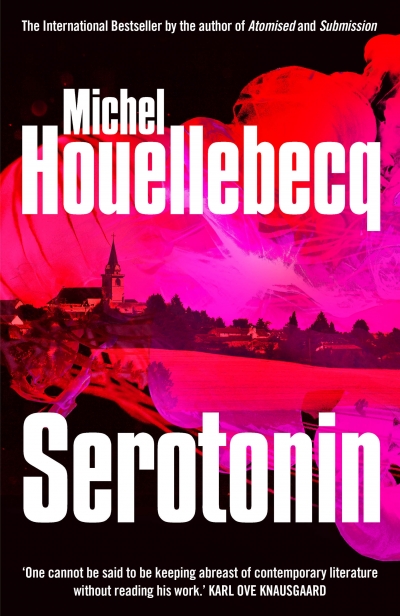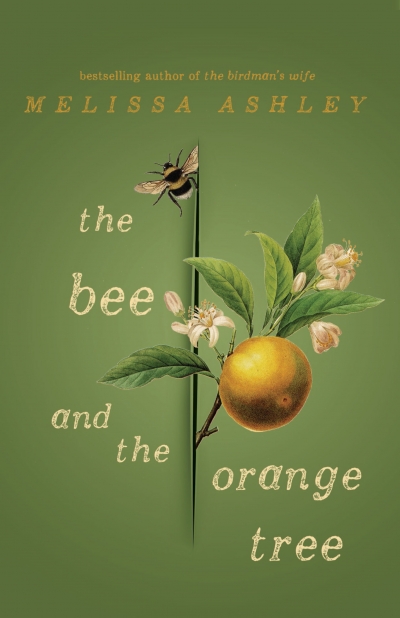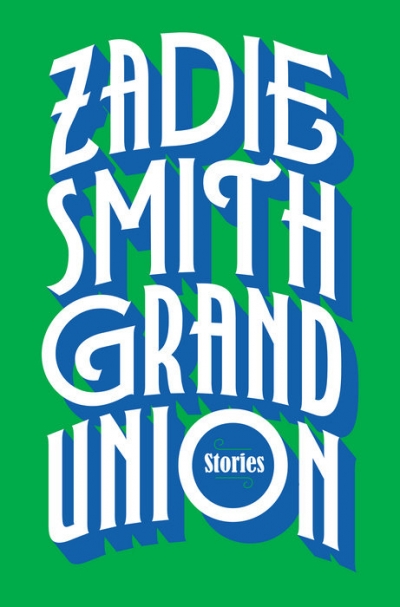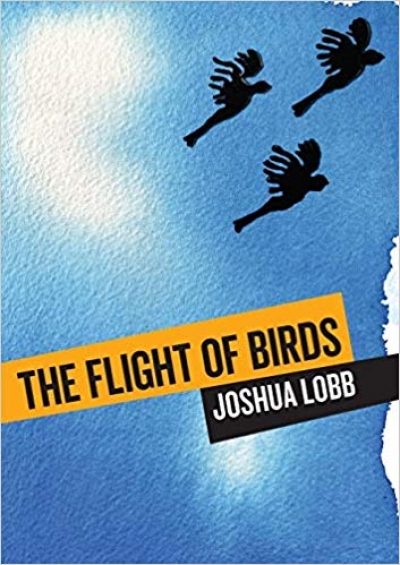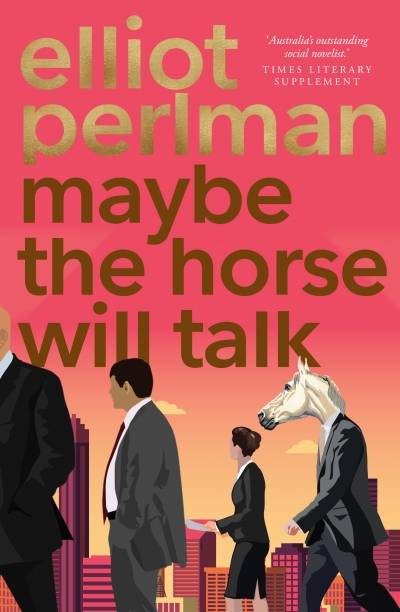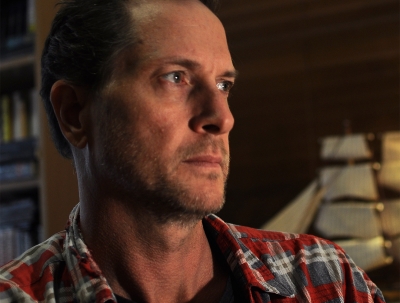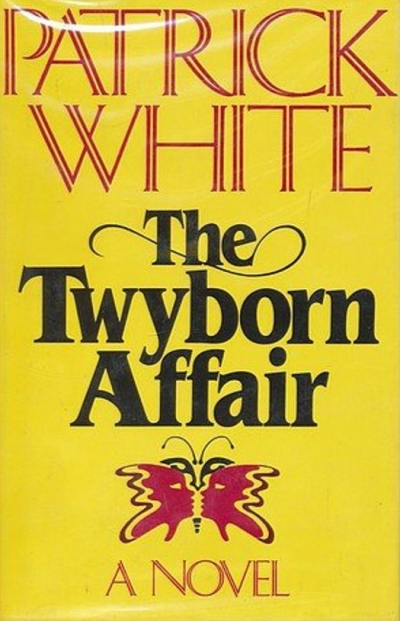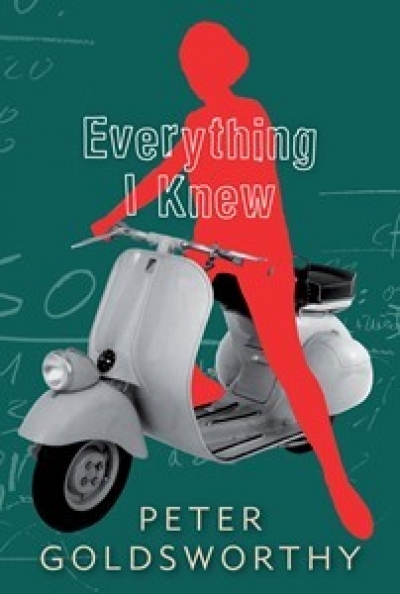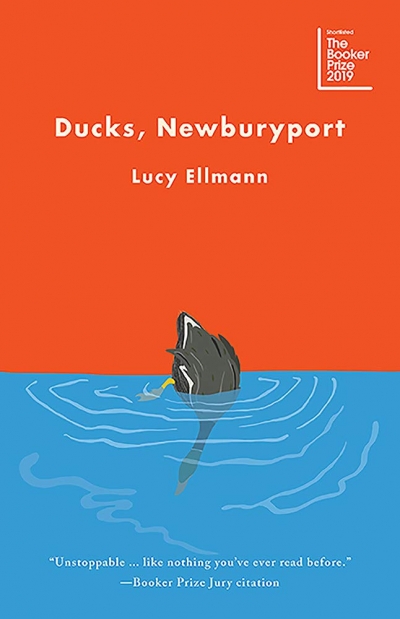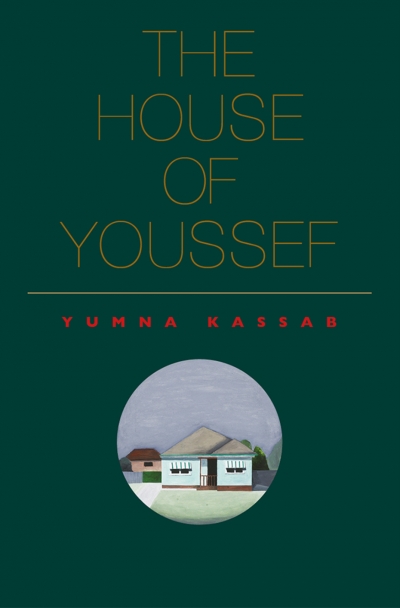Fiction
Serotonin by Michel Houellebecq, translated by Shaun Whiteside
Serotonin is Michel Houellebecq’s eighth novel and appears four years after the scandalous and critically successful Submission (2015), a dystopian novel that depicts France under sharia law. In Serotonin, we are again presented with the standard Houellebecquian narrator: white, middle-aged, and middle class, seemingly in the throes of some mid-life crisis of a predominantly – but not exclusively – sexual nature.
... (read more)In their earliest incarnations, fairy tales are gruesome stories riddled with murder, cannibalism, and mutilation. Written in early seventeenth-century Italy, Giambattista Basile’s Cinderella snaps her stepmother’s neck with the lid of a trunk. This motif reappears in the nineteenth-century German ‘The Juniper Tree’, but this time the stepmother wields the trunk lid, decapitating her husband’s young son. In seventeenth-century France, Charles Perrault’s Bluebeard kills his many wives because of their curiosity, while in his adaptation of ‘Sleeping Beauty’, the Queen’s appetite for eating children drives her to commit suicide out of shame. Jealous, Snow White’s stepmother (and in some versions her biological mother) wants to kill the girl and eat her innards, but is ultimately thwarted; her punishment is to dance herself to death wearing red-hot iron shoes.
... (read more)Zadie Smith’s commanding collection Grand Union puts our contemporary lives and mores under the microscope. She sets her sights on the insanity (and inanity) of social media, the internet, and ‘call-out culture’, but leaves room to consider the tensions inherent in post-colonial nations, including race, gender, and sexuality.
... (read more)The Flight of Birds: A novel in twelve stories by Joshua Lobb
Humans cannot imagine avian perspectives, Joshua Lobb admits, but his stories explore what we might learn from the attempt. Some of Lobb’s strategies are familiar from much recent fiction with ecological themes, such as the use of an educated, intellectually curious narrator-protagonist whose wide reading provides a convenient means of introducing diverse facts and anecdotes about birds into lyrical, richly figurative prose. Others are more adventurous, including shifts in grammatical person and tense. Far from being gratuitous, they foreground substantive questions of intergenerational responsibility.
... (read more)Elliot Perlman’s fourth novel is tentatively billed as a corporate satire and has a striking opening line: ‘I am absolutely terrified of losing a job I absolutely hate.’ The man in this all-too-familiar predicament is Stephen Maserov, a former English teacher turned lawyer. Maserov is a lowly second year in the Terry Gilliam-esque law firm Freely Savage Carter Blanche, which, apart from sounding like a character in a Tennessee Williams play, is home to loathsome dinosaurs in pinstripe suits and an HR department referred to as ‘The Stasi’.
... (read more)Andrew McGahan’s first novel, Praise (1992), concludes with its narrator, Gordon Buchanan, deciding – perhaps accepting is a better word – that he will live a life of contemplation. This final revelation is significantly ambivalent. The unresponsive persona Gordon has assumed throughout the novel is something of an affectation. On one level, he is playing the stereotypical role of the inarticulate Australian male, but his blank façade is also defensive; it is a cover for his sensitivity. For Gordon, life is less overwhelming in a practical sense than in an emotional sense. His true feelings are a garden concreted over for ease of maintenance. He feels that the defining quality of human relationships is doubt, and this doubt confounds expression. ‘I’m never certain of anything I feel about a person,’ he says, ‘and talking about it simplifies it all so brutally. It’s easier to keep quiet. To act what you feel. Actions are softer. They can be interpreted in lots of different ways, and emotions should be interpreted in lots of different ways.’
... (read more)Like every one of his previous novels, Patrick White’s latest work is both utterly characteristic and completely unpredictable. With the third line, we know we are in for another of White’s dissections of human behavior. ‘“Bit rough, isn’t it?” her chauffeur ventured.’ The verb almost parodies White’s careful placing of human acts any other writer would – perhaps rightly – consider insignificant. It is also characteristic of his more recent novels that the first people we meet are peripheral, people who serve both to comment on the action and to offer a commentary just by their presence. They are the reverse of the chorus of a Greek tragedy in that they are the problem to which the central characters address themselves rather than the passive victims of this address.
... (read more)In his latest novel, Everything I Knew, Peter Goldsworthy uses this famous quotation. Indeed, it is so apposite that it might well have provided the epigraph. Everything I Knew is, in part, a self-conscious reworking of Hartley’s The Go-Between (1953). The first-person narrator, Robert Burns, is a naïve fourteen-year-old boy in desperate thrall to a young woman. But where the emotional life of Hartley’s boy protagonist is destroyed by the precipitate arrival of sexual knowledge, Everything I Knew subverts this notion.
The year is 1964 and the setting is Penola, a country town in South Australia. Robbie is a Year Seven schoolboy, precociously intelligent, restlessly pubescent. His father is the town policeman and his mother a well-meaning but stolid housewife. The community is narrow; everyone knows everyone else. At the beginning of the novel, Robbie is beginning to outgrow Billy, his best friend from primary school, an Indigenous boy with a reputation for getting into trouble that Robbie, to a lesser extent (being white), shares.
... (read more)Lucy Ellmann’s ambitious seventh novel stages the workings of a mind as it digests – or fails to digest – life-altering experiences. Ducks, Newburyport is, for the most part, the ruminating inner monologue of a bewildered and frightened woman. It spans a thousand mostly artful pages and is an undeniably impressive accomplishment. However, for readers who relished Ellmann’s brilliant comic novels, Ducks may lack the energising charge – absurd, erotic, and darkly funny – that is so satisfyingly prominent in her earlier work.
Its chief narrator is a well-educated American mother of four afflicted by sharp anxiety. Her concerns include: the existence of President Trump; repeated mass shootings; the threat of nuclear war or climate catastrophe; male violence; and precarious health care. Her inner life is expansive but oriented around a handful of personal wounds, many of which are recast in the parallel story of a hunted lioness in search of her babes. Leaving aside a memorable sexual encounter, the latter resembles a children’s fable, a similarity that is knowingly signalled when the narrator recalls ‘some Disney movie about an escaped lion that wonders around some town’.
... (read more)Yumna Kassab has utilised the sparse economy of short stories to craft her début collection, grounding universal diasporic themes such as generational disconnect, cultural loss, and the weight of familial expectations in the distinct Lebanese-Australian social milieu of western Sydney, where she was born and raised.
Short story collections often lack a certain cohesiveness, but Kassab’s characters each move in the same fictional yet exceedingly real world where Muslim Australians – straddling the line between being hyper-visible and invisible – are both demonised and studiously avoided. Characters with the same names recur from time to time, not always the same characters; reading Kassab’s stories requires a meticulous attention to detail to deconstruct and decipher how various individuals relate to one another.
... (read more)

